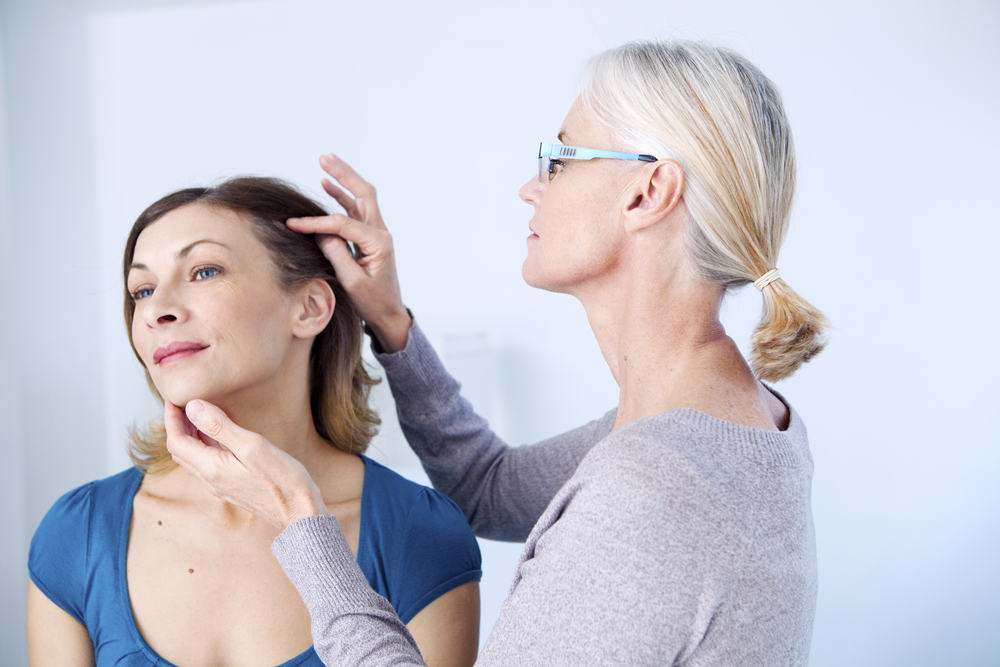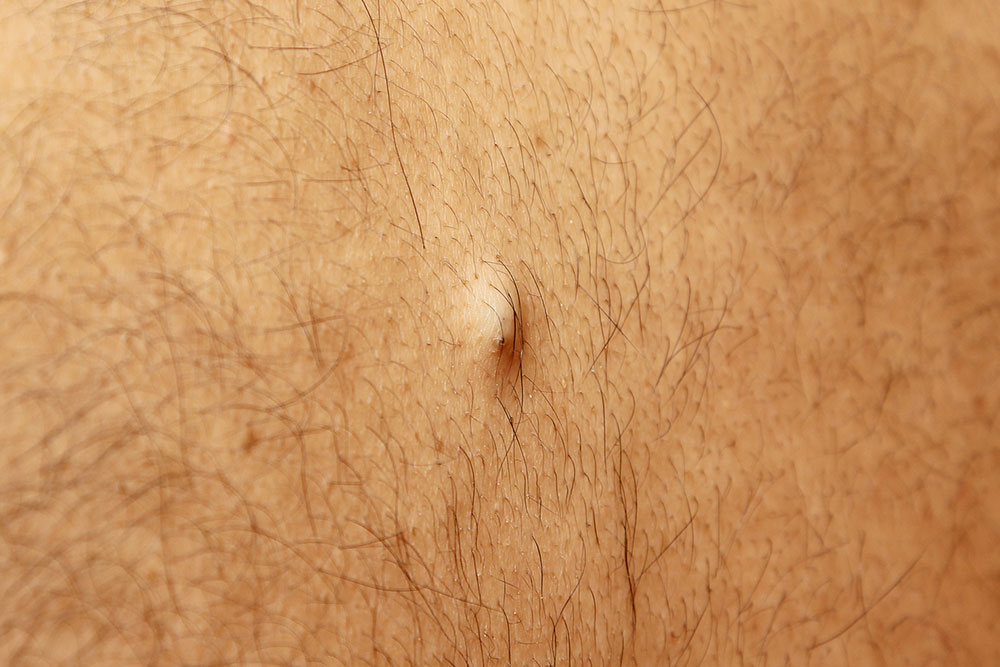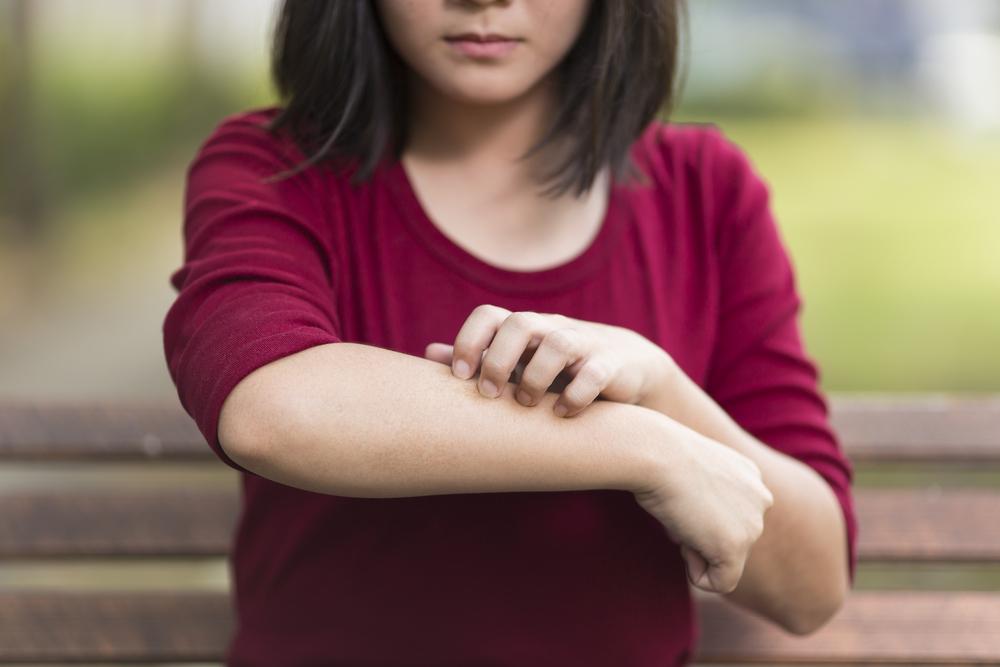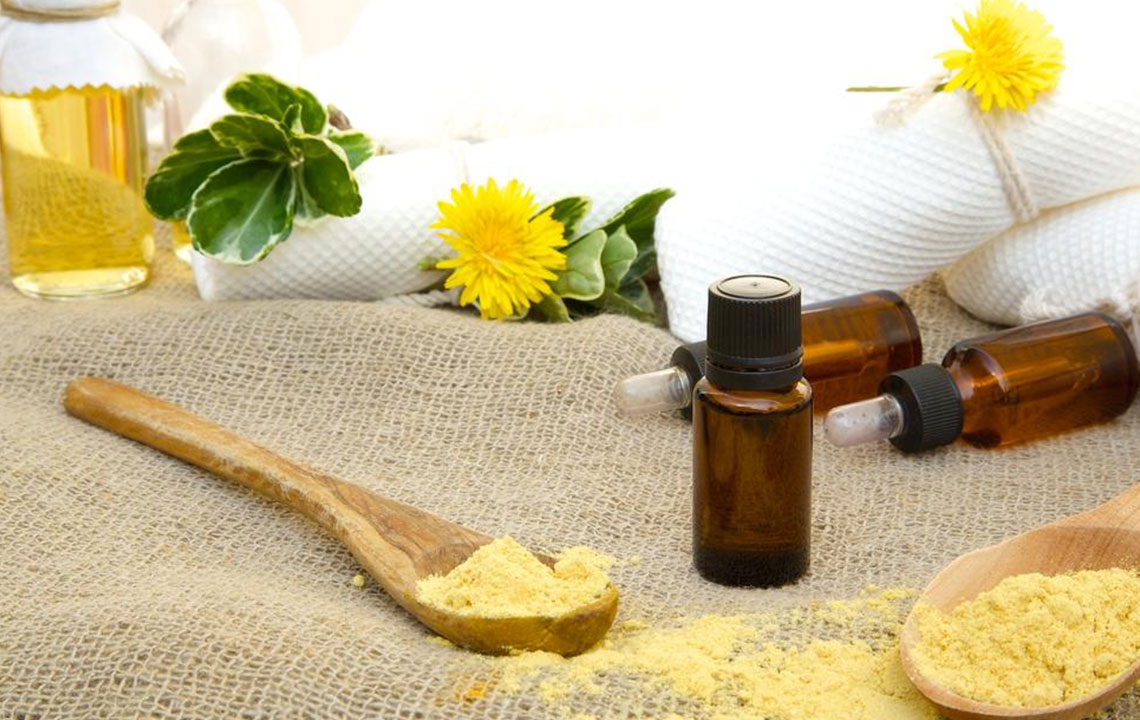Comprehensive Guide to Managing Itchy Skin Discomfort
This comprehensive guide explores causes, symptoms, and effective remedies for itchy skin, helping individuals manage pruritus with practical at-home treatments and professional options. Learn how to identify triggers, soothe irritation, and seek appropriate medical care for persistent cases.
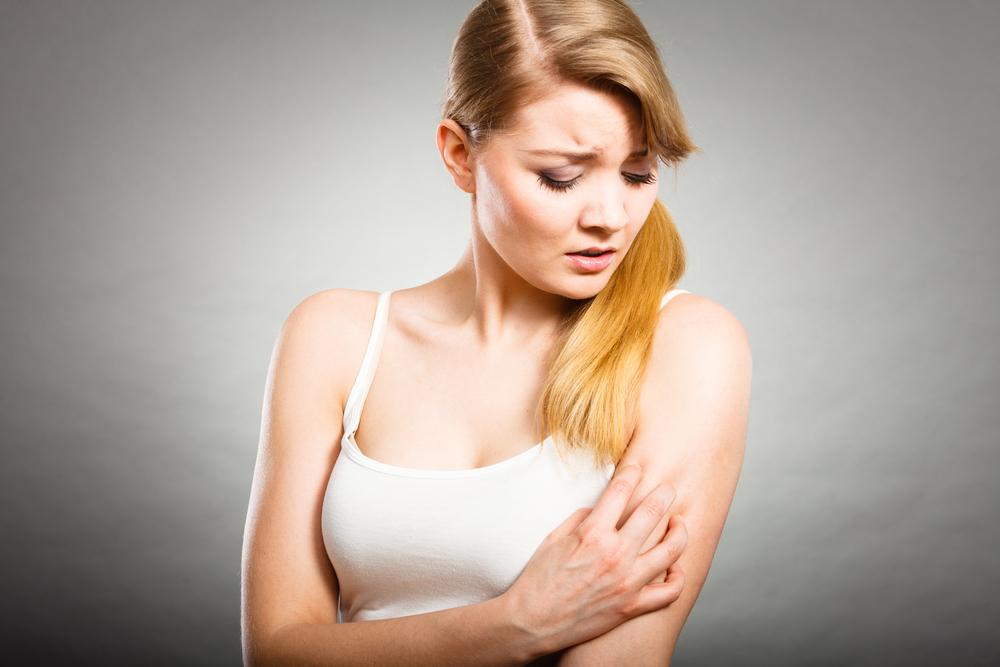
Comprehensive Guide to Managing Itchy Skin Discomfort
Itchy skin, known medically as pruritus, is an irritating sensation that prompts the urge to scratch. This persistent feeling can start locally and spread across larger areas, sometimes resulting in rashes or hives. Commonly linked to dry skin, itchy skin is especially prevalent among older adults due to aging-related skin dryness. Understanding its causes, symptoms, and treatment options can help in effectively managing this condition.
Here's a detailed overview of what triggers itchy skin, how to identify its symptoms, and the best ways to soothe and treat it.
What causes itchy skin?
Although dry skin remains the primary culprit, other factors can contribute to pruritus, including skin conditions, infections, allergic reactions, diseases, pregnancy, medications, and nerve issues.
Additional causes of itchy skin include:
Dehydration – Lack of moisture in the skin is a common reason for itching, especially as skin tends to become drier with age or due to environmental factors like heating and air conditioning.
Atopic Dermatitis (Eczema) – This condition causes dry, red, and irritated skin that becomes more sensitive to triggers such as hot showers and rough fabrics.
Further causes include:
Contact Dermatitis – Resulting from contact with irritants or allergens.
Psoriasis – An autoimmune disorder characterized by itchy, painful patches.
Kidney Disease – Toxin buildup due to kidney dysfunction can cause widespread itching, often worsening at night.
Liver Disease – Liver issues may lead to itching, especially on the palms and soles.
Diabetes – Frequently associated with dry skin, increasing itchiness risk.
Hypothyroidism – Reduced metabolic activity results in dry, itchy skin.
Symptoms of Itchy Skin
Itchiness can affect small patches or cover entire body areas, sometimes without visible skin changes.
Redness, bumps, blisters, and dryness are common symptoms, depending on the underlying cause.
Persistent scratching can lead to skin damage, further aggravating the itch and creating a cycle that's difficult to break.
Simple Ways to Ease Itchy Skin
Cold Compress – Applying an ice pack or cold, damp cloth provides immediate relief.
Oatmeal Baths – Known to soothe redness and blistered skin effectively.
Menthol or Calamine Lotion – These topical agents help reduce itching symptoms.
Moisturizing – Regularly applying fragrance-free, additive-free moisturizers helps maintain skin hydration, especially after bathing.
Medical Treatments for Persistent Itching
Anti-Itch Creams – Offer relief and help break the itch-scratch cycle.
Antihistamines – Used when allergies trigger the itching.
Phototherapy – Ultraviolet light treatment for severe cases prone to chronic scratching.
Topical Steroids – Reduce inflammation, redness, and bumps caused by scratching.
Note:
The information shared here aims to educate readers on itchy skin but should not replace professional medical advice. For persistent or severe symptoms, consulting a healthcare provider is recommended. The website disclaims responsibility for accuracy or omissions and notes that other resources may offer additional options and benefits.


